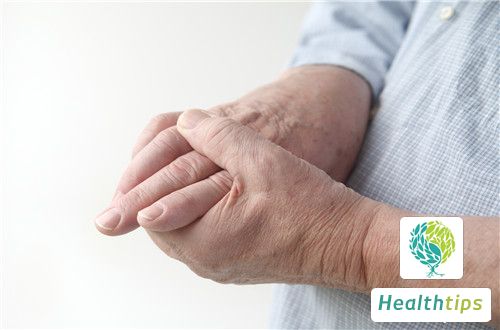There is generally no definitive answer to the question of "what is the best traditional Chinese medicine for treating kidney yin deficiency." Good options for treating kidney yin deficiency include Liu Wei Di Huang Wan, Zuo Gui Wan, Zhi Bai Di Huang Wan, and Qi Ju Di Huang Wan, all of which should be taken under the guidance of a doctor.

1. Liu Wei Di Huang Wan contains ingredients such as rehmannia root, Chinese yam, and alisma rhizome. It can nourish yin and tonify the kidney, effectively alleviating symptoms of kidney yin deficiency like soreness and weakness of the waist and knees, dizziness, and headaches. Children, pregnant women, and lactating women must strictly follow medical advice when using this medicine and should not take it without instruction.
2. Zuo Gui Wan contains dodder seed, deer antler glue, Chinese yam, and Chinese wolfberry fruit, which can effectively alleviate symptoms of kidney yin deficiency such as night sweats and fatigue. Pregnant women and those with upper respiratory infections should not take this medicine.
3. Zhi Bai Di Huang Wan is composed of ingredients such as anemarrhena rhizome and corktree bark, which can nourish yin and reduce fire, alleviating symptoms like hot flashes, night sweats, dry mouth and throat, tinnitus, and involuntary seminal emission. After a period of active treatment with medication, attention should be paid to changes in kidney deficiency, and medication dosage should be adjusted as instructed by the doctor.
4. Qi Ju Di Huang Wan contains chrysanthemum, Chinese wolfberry fruit, and peony cortex, which can nourish the kidney and liver, improving symptoms such as blurred vision and dizziness. If an allergic reaction occurs to any of the ingredients, this medication should not be taken.
Patients with kidney yin deficiency can not only alleviate symptoms through medication but also improve them through acupuncture, massage, and other methods. If symptoms continue to worsen during treatment, medical attention should be sought promptly for diagnosis.




















